WEYONJE SANITATION CHALLENGE - 2021
PUBLISHED — 15th, December 2021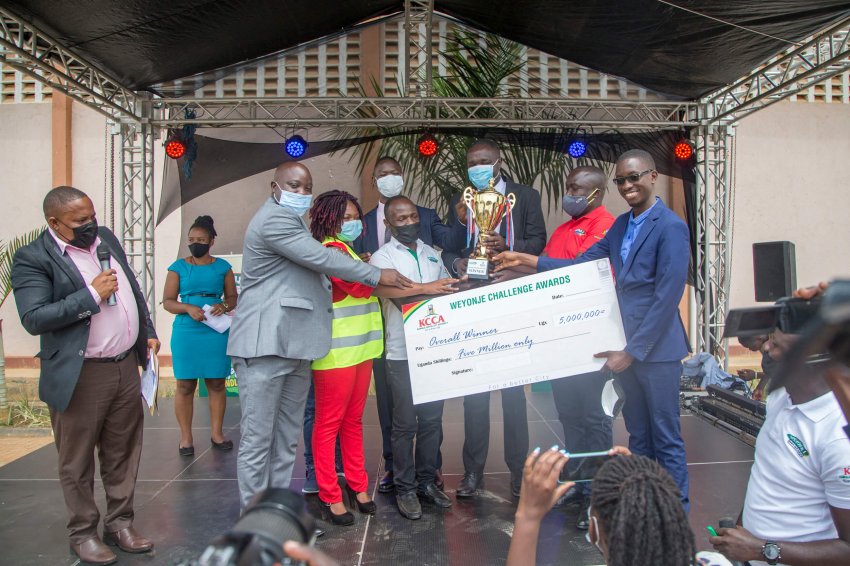
Guided by our Vision; To be a vibrant, Attractive and Sustainable City, we are undertaking different innovations to upscale sanitation in the city notable of these being “The Weyonje Sanitation Challenge”. KCCA continues to provide opportunities for the city dwellers to improve their quality of life and environment to ensure sustainable urban development.
According to the 2017 baseline survey, several gaps in the sector still need have to be resolved as we strive to achieve access to adequate, equitable sanitation and hygiene for all and end open defecation in the city;
- 15,000 people of the resident population still practice open defecation
- The major population (94%) of the city relies on on-site sanitation facilities and only 6% is connected to the public sewer line
- 30% of toilets are emptied into the environment
- Poor solid waste and drainage management.
KCCA has taken big strides towards citywide access to improved feacal sludge and solid waste sanitation services. Currently the collection rates have improved from 2016 to date;
- Feacal sludge 43% to 50%
- Solid Waste 35% to 50%
With this background, KCCA started a sanitation challenge for the last two years in a bid to improve sanitation in all the five divisions code named Weyonje sanitation challenge.
This year, the challenge commenced on 4th November to 15th December 2021 with Divisions showcasing their achievements through the year in five major themes;
- Solid waste management
- Sanitation
- Innovations to improve WASH service provision in the city
- Inspection
- Model village
The overall Objective of the challenge was to improve sanitation and hygiene in communities through division leadership with Specific objectives of increasing team work and participation of the Division technical and political teams for improved sanitation and hygiene, promoting best sanitation and hygiene practices as well as enhancing sustainable and innovative interventions to the sanitation challenges.
Expected out comes of the challenge are;
- Cleaner City
- Improved house hold sanitation
- Increased volume of solid waste collected from the communities.
- Increased faecal sludge collected from the Divisions
- Reduced solid waste dumpsites and illegal dumping in the communities.
- Improved sanitation and hygiene practices (hand washing with soap).
- Increase in the number of toilets constructed
- Increased sustainable innovations and interventions in FSM & SWM.
- Greater team work, self-driven staff and ownership by the division technical and political teams.
Lubaga Division emerged overall winner of the competition.
News & Announcements
19th, February 2026
17th, February 2026
15th, February 2026
13th, February 2026
12th, February 2026
11th, February 2026
10th, February 2026
5th, February 2026
4th, February 2026
28th, January 2026


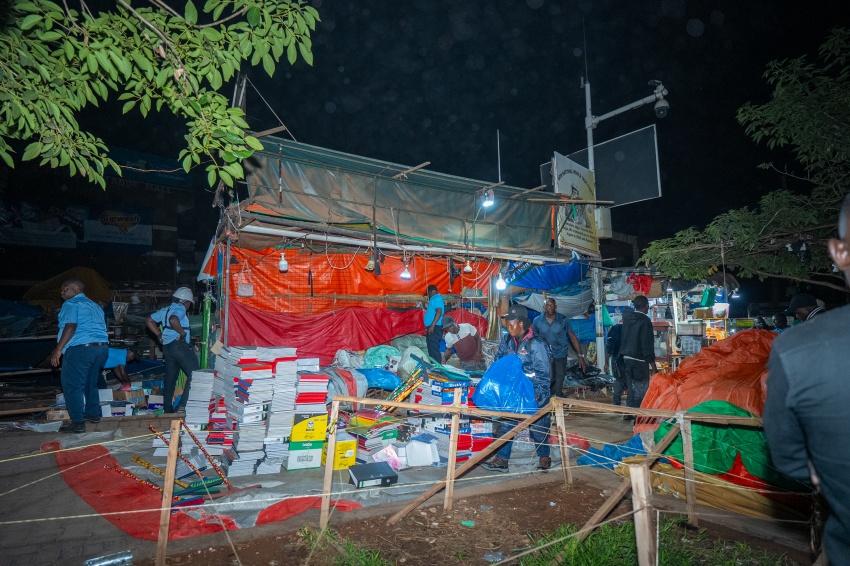
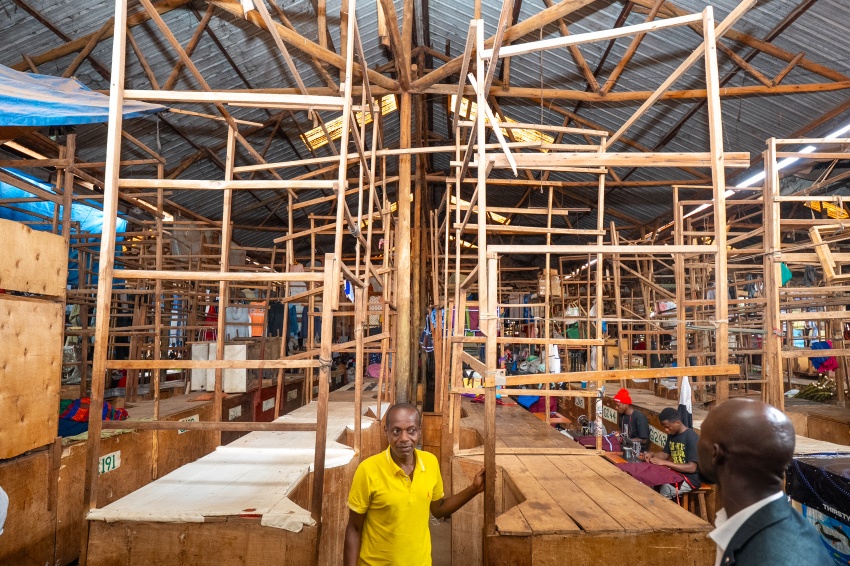
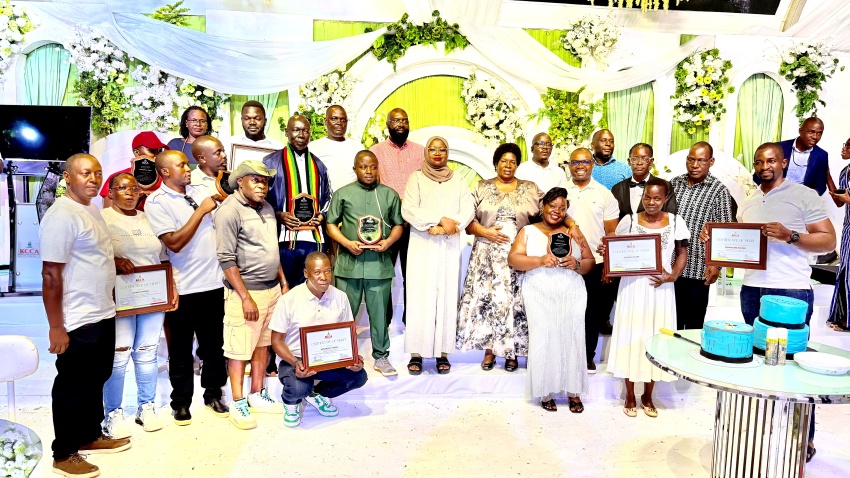
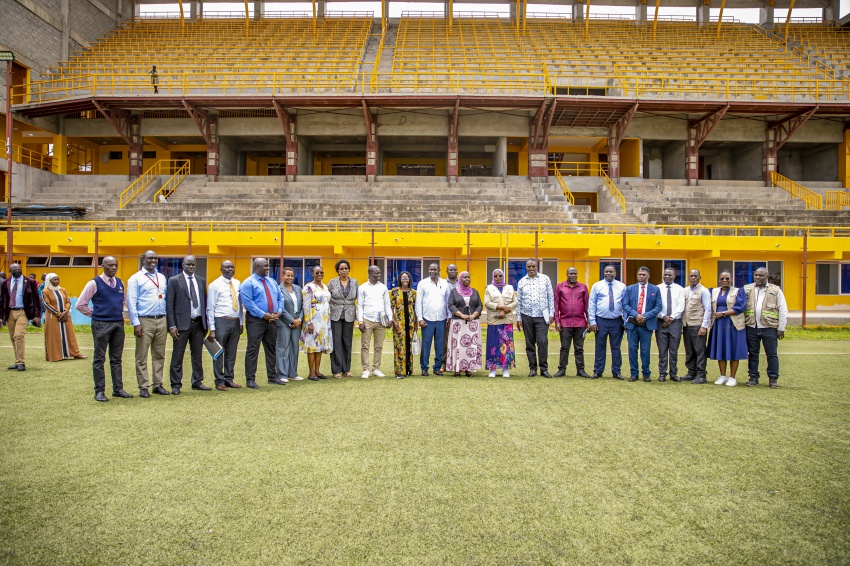
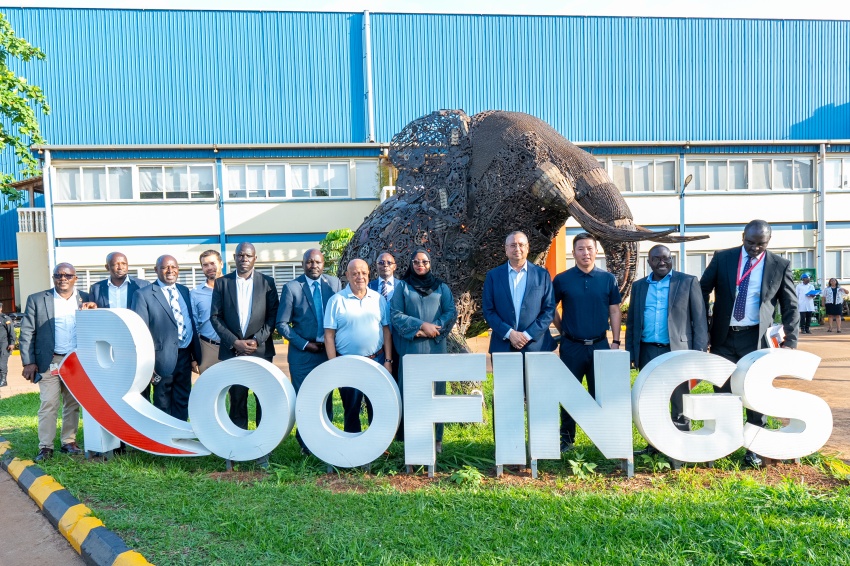
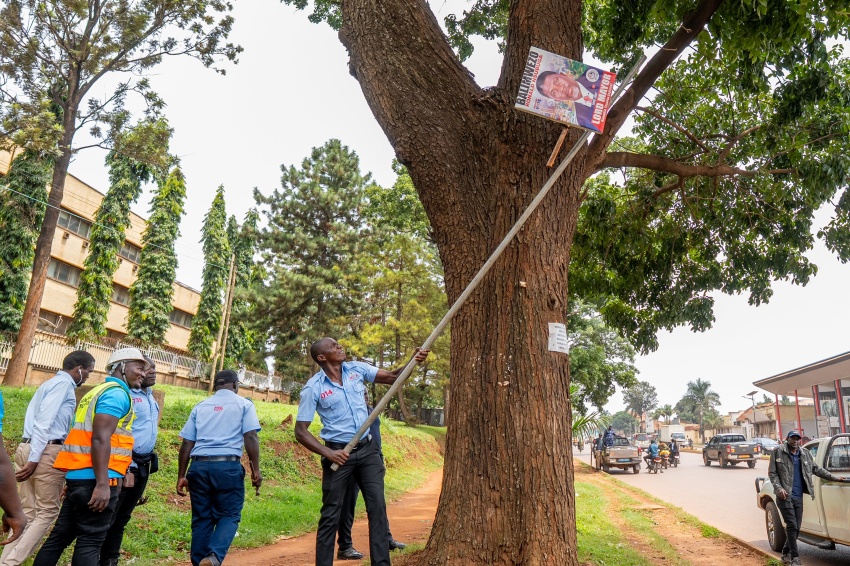

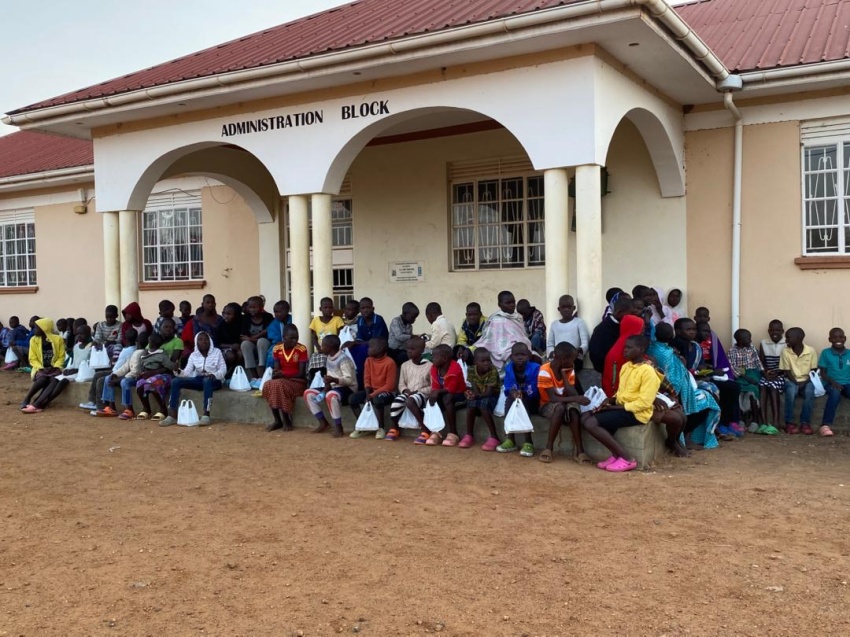
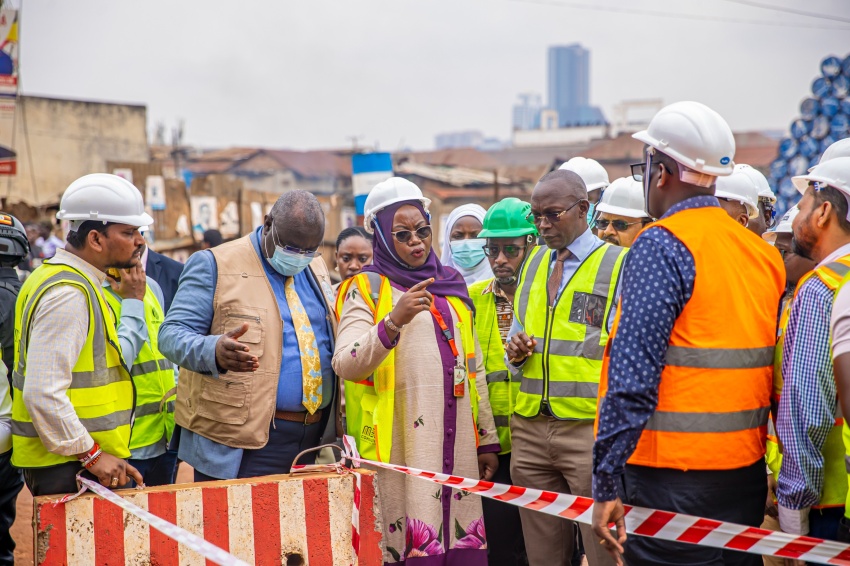









Development partners